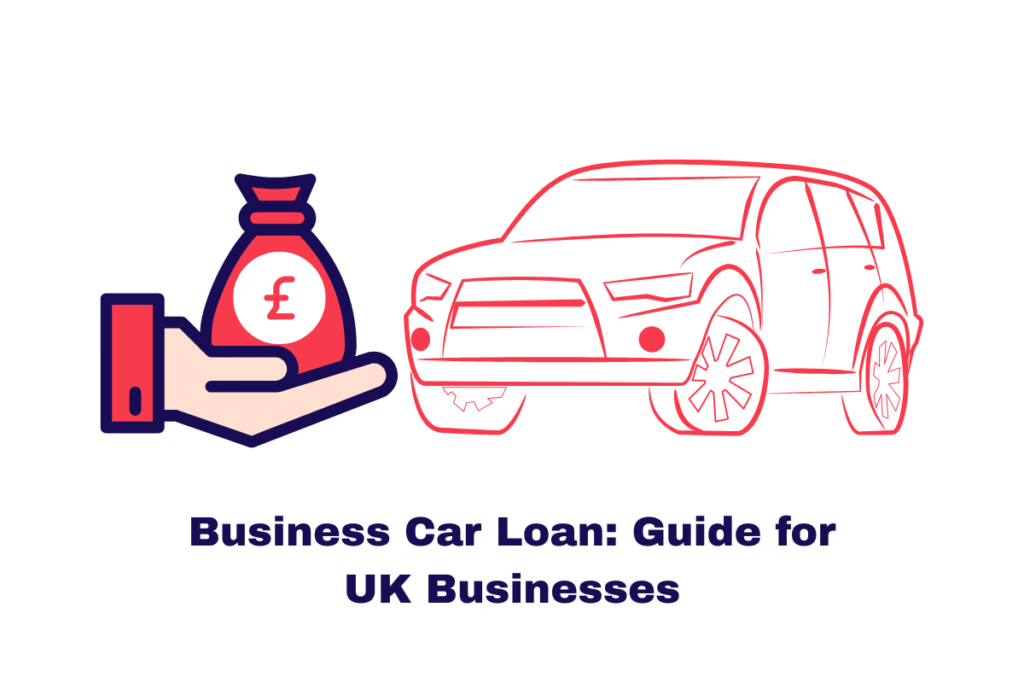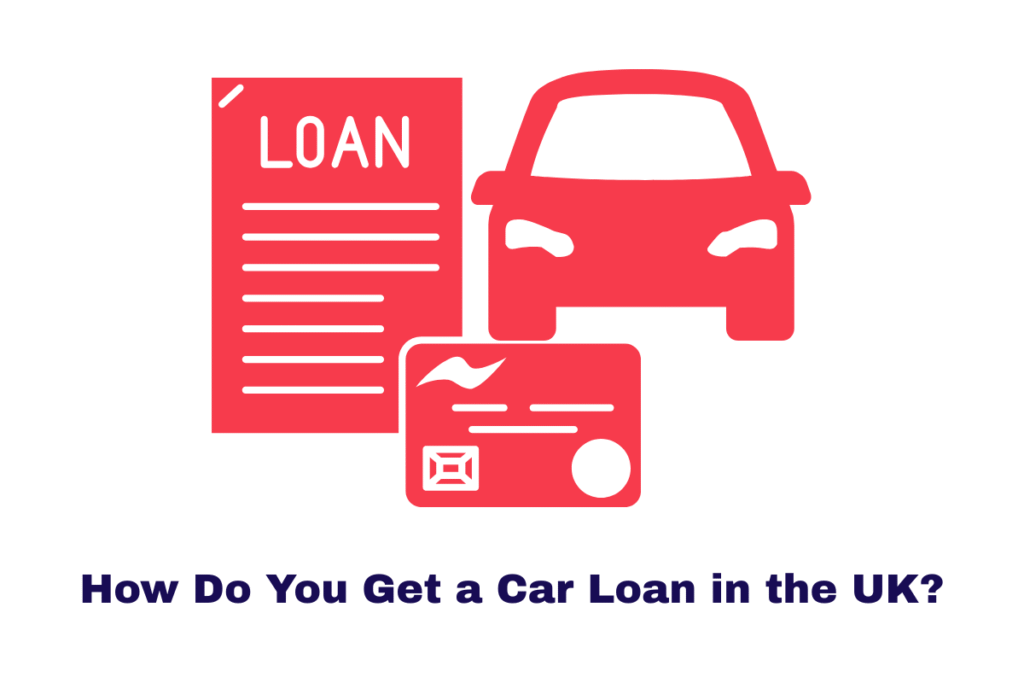When my business needed a vehicle, I explored business car loan options thoroughly—evaluating costs, tax reliefs, and the best strategy to maintain cash flow. If you’re thinking, “Should I go for a business car loan?”, this guide is for you. I’ll walk you through types of finance, tax benefits, and HMRC-compliant planning, all while keeping readability and trustworthiness high.
Why Choose a Business Car Loan?
Choosing a business car loan instead of paying cash upfront lets you:
- Preserve cash flow – Spread the cost over time.
- Access better interest rates – Lenders often offer preferential terms to businesses (Swopfunding)
- Maintain ownership – With a loan, the vehicle becomes yours immediately.
The interest payments on a business vehicle are generally tax-deductible, but only for the business-use portion (Moneybarn)
Types of Business Car Loans
Here’s a quick comparison of finance options available:
- Hire Purchase (HP): Pay a deposit, then fixed monthly payments. Ownership transfers once completed.
- Lease Purchase / Business Contract Purchase: Monthly payments include a balloon payment—choose whether to buy or return the car. (Dsburge)
- Standard Business Loan: Borrow and purchase directly, preserving immediate ownership. (Dsburge)
- Finance Lease / Contract Hire: Typically off-balance sheet, useful for purely business use.
I favoured a business loan because it gave me full control with no mileage restrictions and flexibility to sell if needed.
You can also read this guide on car loan:
How Do You Get a Car Loan in the UK?
Tax Advantages of a Business Car Loan
1. Claiming Interest as Expense
Only the interest portion on a business car loan is tax-deductible for limited companies. For sole traders or partnerships, you reclaim the business-use percentage.
2. Capital Allowances
You can claim capital allowances on a company‑purchased vehicle:
- 100% first-year allowance for zero‑emission electric cars (available until 31 March 2026). (Money)
- 18% writing-down allowance for low‑emission cars (1‑50 g/km CO₂).
- 6% for higher CO₂ emission vehicles. IWOCA
3. VAT Reclaim
If the car is used exclusively for business, you can reclaim VAT on purchases or lease payments, though private use disqualifies this.
4. Benefit‑in‑Kind (BIK) Reporting
HMRC taxes private use of company cars under BIK rules. The amount depends on CO₂ emissions and fuel type (GOV.UK). Keeping records of fuel and private use is essential.
How to Apply for a Business Car Loan
- Assess your budget and needs – Choose between outright loans, HP, or leasing.
- Check eligibility – Lenders consider business history, turnover, and credit.
- Gather documents – Include financial statements, credit report, and vehicle details.
- Apply and compare quotes – Shop around to ensure you get the best APR and terms.
- Track usage – Maintain mileage logs and record business vs private use.
Is a Business Car Loan Right for You?
- ✅ Preserve capital and maintain liquidity.
- ✅ Access tax relief on interest and allowances.
- ✅ Full ownership and flexibility.
- ❌ But note: must manage BIK and personal use carefully.
- ❌ Also, ensure scheduled repayments are manageable.
If your vehicle is for occasional use, or mileage is low, simple mileage reimbursement (e.g., AMAP rates: 45p first 10k miles, then 25p) from company funds may be simpler. GOV.UK
Real-World Example
Let’s say I took out a £25,000 business car loan at 6% over five years.
- Annual interest = £1,500. If 70% of business usage, I can claim ~£1,050 per year in tax relief.
- If it’s a low-emission vehicle, I also claimed an 18% writing-down allowance—worth thousands in tax savings.
Over the term, I optimised both cash flow and corporation tax liability.
HMRC & Industry Resources
- HMRC – Tax on company cars & BIK charges
- GOV.UK – Car, van & travel expenses for self-employed
- HMRC – Capital allowances for business vehicles
- Accountancy whitepapers like DS Burge’s “Ultimate Guide to Business Car Finance”
Tips to Maximise Your Business Car Loan
- Choose a low-emission or electric vehicle for maximum capital allowances.
- Log personal vs business mileage meticulously.
- Compare APR and balloon payments across finance types.
- Keep fuel receipts and service records—essential for HMRC compliance.
Frequently Asked Questions
Q1. Can I reclaim VAT on a partially personal-use vehicle?
No – HMRC requires 100% business use to reclaim VAT.
Q2. What if my business use drops year-to-year?
Only the business-related interest and allowances apply proportionally based on actual use and mileage.
Q3. Lease or loan?
A business loan gives ownership straight away. Leasing may offer flexibility and lower monthly payments, but you won’t own the asset.
Final Thoughts
A business car loan can be a smart strategic move if you want the freedom of ownership, the benefit of spreading payments, and valuable tax relief—but success depends on careful planning, solid usage records, and choosing the right vehicle and finance type.
✅ Ready to maximise your savings?
Try our Bonus Tax Calculator and Listen to Taxman Calculator to check your potential savings from interest, allowances, and BIK variations.
Get started now:
The content provided on TaxCalculatorsUK, including our blog and articles, is for general informational purposes only and does not constitute financial, accounting, or legal advice.
You can also visit HMRC’s official website for more in-depth information about the topic.




